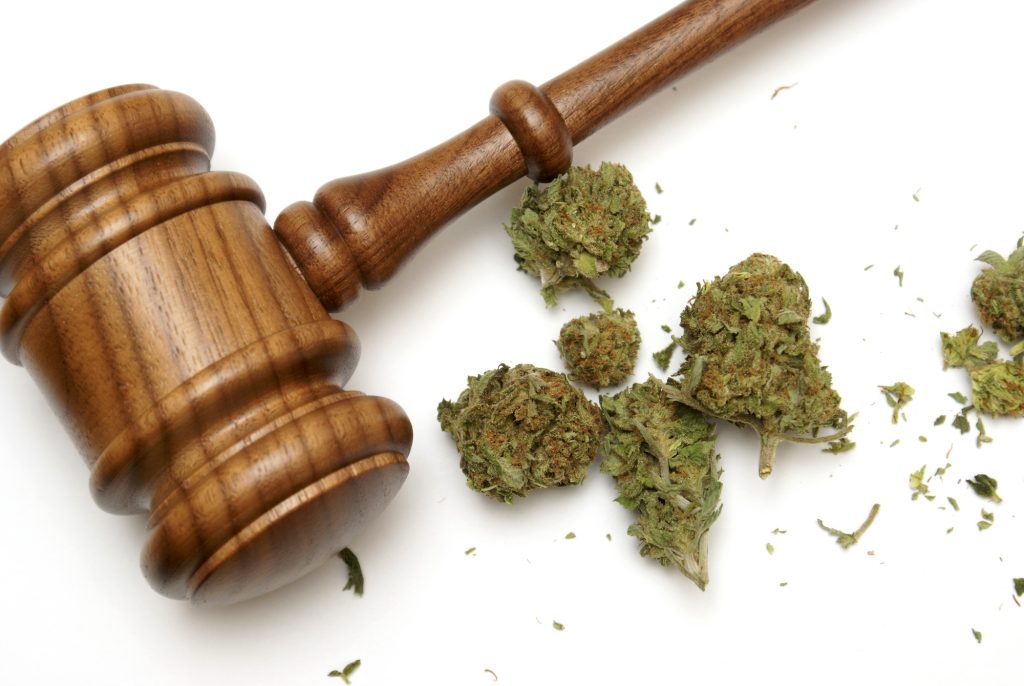Drug Charges Can Prevent You from Getting Student Financial Aid
For many young people, getting a college education is an essential step toward achieving success in life. Unfortunately, most people cannot afford it without financial help. And, if you have a drug conviction, it may be even harder for you to apply for a student loan

Penalties for Drug Convictions
One of the questions applicants are asked in the Free Application for Federal Student Aid is if they have ever been convicted for sale or possession of illegal drugs while they were on federal student aid. What does this mean?
Basically, if you have already been approved for, and accepted an offer for, federal student aid for any term, you are considered to be already under aid starting on the first day of classes. Summer breaks are not included if you are not enrolled. Holiday breaks, however, are considered time enrolled.
A drug conviction does not mean that you are permanently disqualified from applying for federal aid. For possession, a first conviction means you cannot apply for a year, a second offence disqualifies you for two years, and subsequent convictions disqualify you indefinitely. For sale, a first conviction disqualifies you for two years and subsequent convictions disqualify you indefinitely.
It is possible to apply for reinstatement before the end of your disqualification period, subject to certain conditions. If your conviction has been rendered invalid, set aside, or overturned, you may be eligible again.
Otherwise, you will have to complete an appropriate drug rehabilitation program that also requires you to pass two surprise drug tests. The program must meet the standards that were set by the Department of Education and Congress. You will become eligible upon completion of this program.
If you are convicted after you have submitted your FAFSA, you will have to notify your student aid office. If you have already been receiving aid, you will have to repay all of it since you have become ineligible.
Proposed Changes in the Law
There are moves in Congress to prohibit the Education Department from asking questions about drug convictions in subsequent federal aid applications, including the FAFSA. The Financial Aid for Students Act, if passed into law, would repeal parts of the Higher Education Act that suspends aid for applicants convicted of drug offences.
Another bill, the Second Chance for Students Act, states that students who were convicted of marijuana possession can retain their eligibility to get financial aid for six months. During this period, they have to complete an authorized rehabilitation program to avoid losing their eligibility.
An Experienced Attorney Can Protect Your Rights
If you are charged with a drug-related crime, it is very important that you retain the services of an experienced criminal defense lawyer. The attorney will guide you through the process and layout what your legal options are. He will also explain the procedural requirements as well as how he will defend your case.
Attorney Gary L. Rohlwing can defend nearly every type of drug-related offense. Since Arizona has some of the harshest drug laws in the US, Atty. Rohlwing can help you avoid some of the harshest penalties and avoid a conviction.
You can get in touch with the Law Offices of Gary L. Rohlwing at (623) 937-1692. The initial consultation is free.







